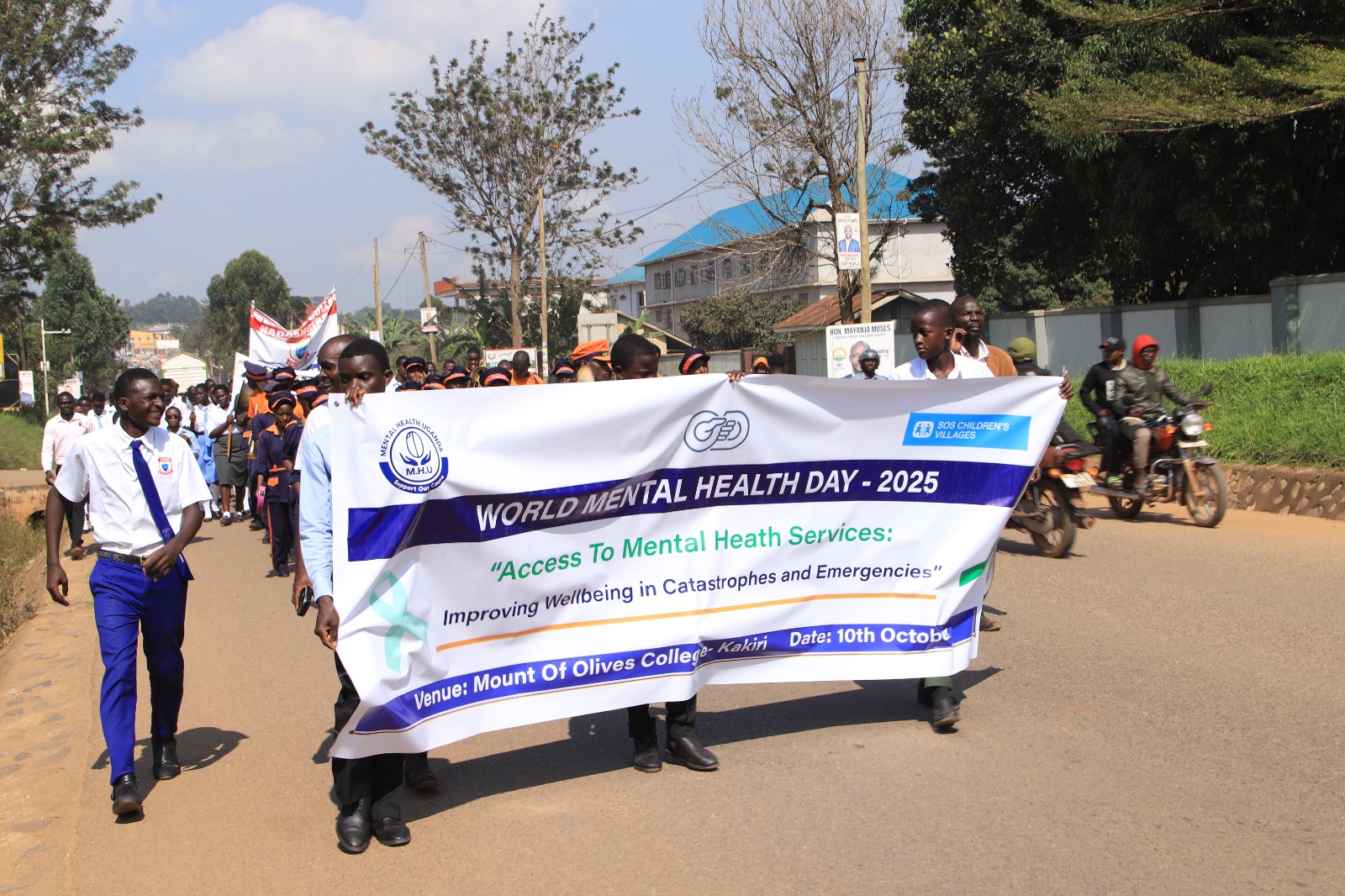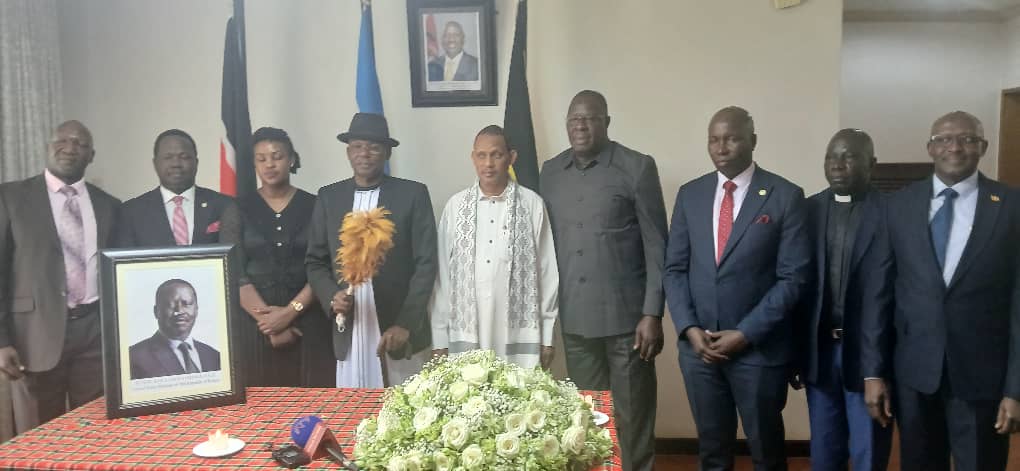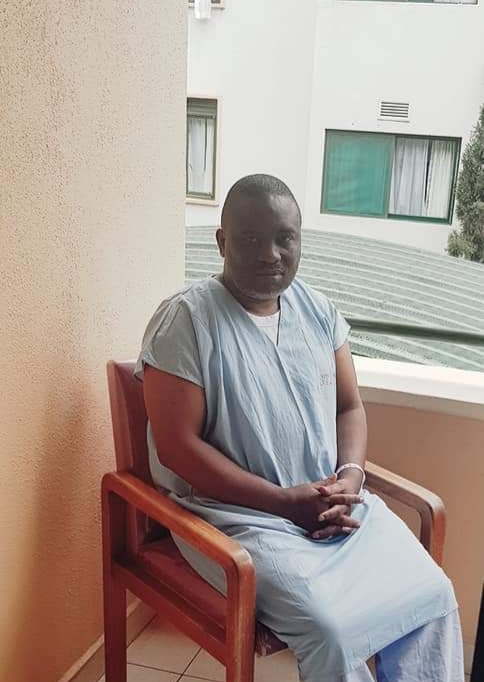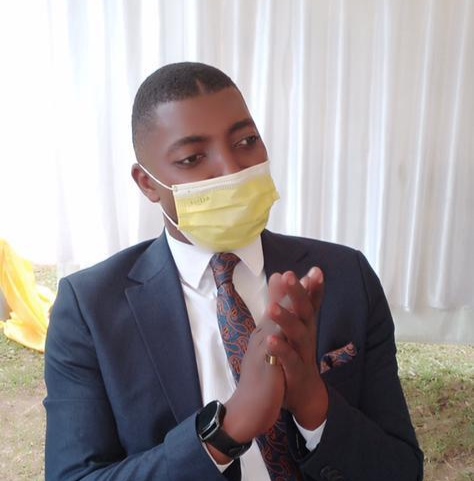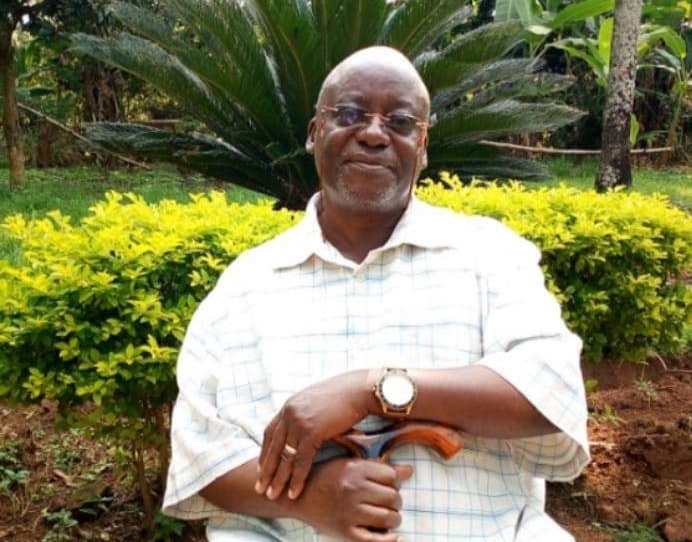To commemorate this year’s World Mental Health Day, Mental Health Uganda (MHU), SOS Children’s Villages, and Ecobank jointly organized a student-led dialogue that convened four partner schools to discuss mental health issues at scale. The day’s celebrations began with an awareness march through Kakiri town, aimed at spotlighting the importance of mental well-being. The event, hosted by Mount Olives College Kakiri (MOCK), was held under the theme “Access to Mental Health Services: Improving Well-being in Catastrophes and Emergencies.”
During the dialogue, students from schools including; Balibaseka SS, Mount of Olives College Kakiri, St. Charles Lwanga International SS, and St. Mbaaga’s College Naddangira SS, reflected on the major disasters and catastrophes for example the Kiteezi landfill catastrophe, Kasese floods, Bududa landslides and those that appear in school settings e.g. fires, violent strike among others.
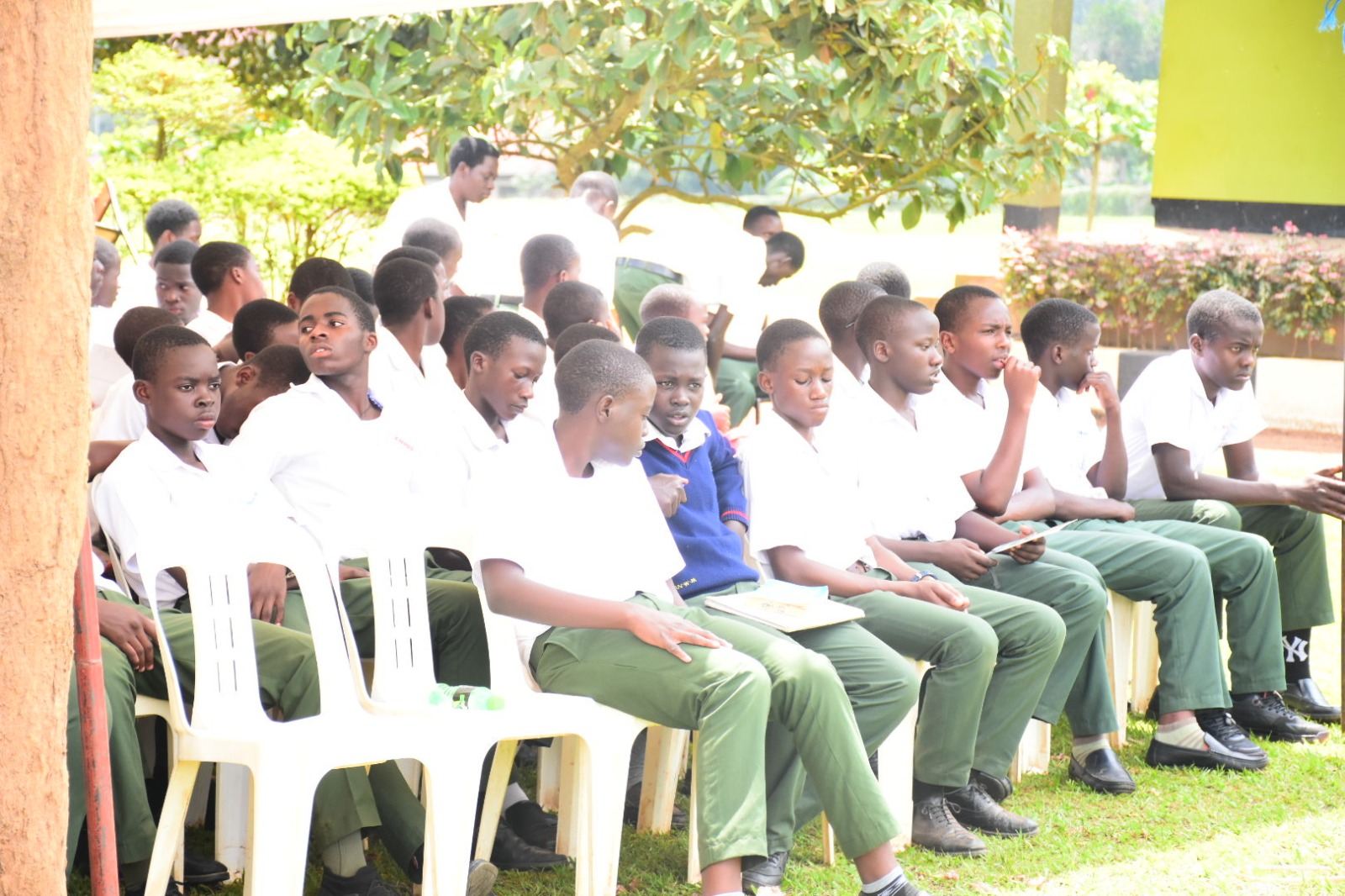
Citing the example of COVID-19, Mr. Juma Joseph, a Project Officer under the Youth Mental Health Project at Mental Health Uganda (MHU), provided context for the project’s design and implementation. He offered a compelling justification for prioritizing mental health services for youth and other vulnerable groups. One of the key highlights was the SOS CV youth needs assessment conducted during the COVID-19 pandemic, which revealed that 64.5% of youth experienced mental health challenges following the outbreak in Gulu and Wakiso. The assessment identified major barriers to accessing care, including lack of information about available services, long distances to service centers, and inability to afford mental health support.
In April 2022, data from MHU’s national toll-free line showed that 54% of callers cited anxiety as their primary reason for reaching out. These findings were juxtaposed with other contributing factors such as the prolonged impact of the LRA war on youth in Northern Uganda, high rates of substance abuse among youth in Wakiso and Gulu, and widespread mental health stigma across the general population. These insights informed the design and implementation of a peer-led mental health initiative in eight schools—four in Wakiso District and four in Gulu City.
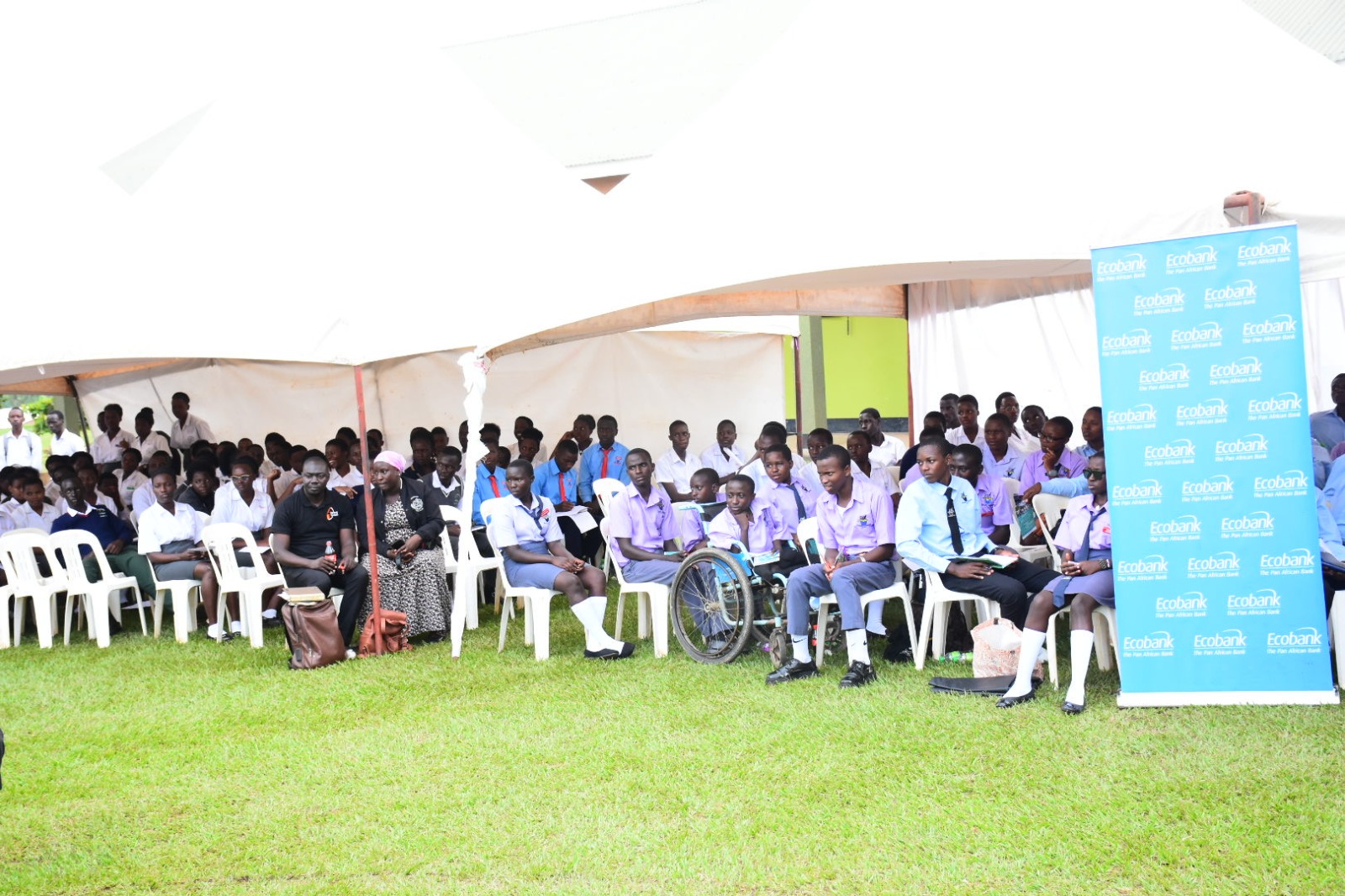
Through this project, Mr. Juma observed that increased mental health awareness and the availability of psychosocial support services within schools and communities have significantly contributed to youth empowerment, resilience, academic improvement, and positive behavioral change. These outcomes underscore the urgent need to prioritize mental health for young people in both educational and community settings.
However, he also highlighted emerging concerns that negatively impact youth mental well-being. These include academic pressure from parents and teachers to achieve high grades and pursue science subjects, driven by the belief that sciences offer better prospects for job creation, innovation, and alignment with national development priorities. Additionally, increased exposure to social media and digital gadgets has introduced new stressors that warrant attention.
Lastly, Mr. Juma acknowledged the government’s efforts in promoting youth mental health, citing two key policies: the Child and Adolescent Mental Health Policy Guidelines (2017) and the 2022 Circular on Prioritizing Mental Health Education in Learning Institutions (Circular 20). These frameworks offer critical recommendations for schools and other stakeholders to implement inclusive, responsive mental health strategies. However, their operationalization remains limited due to low awareness and inadequate support supervision, highlighting the need for stronger dissemination and accountability mechanisms.
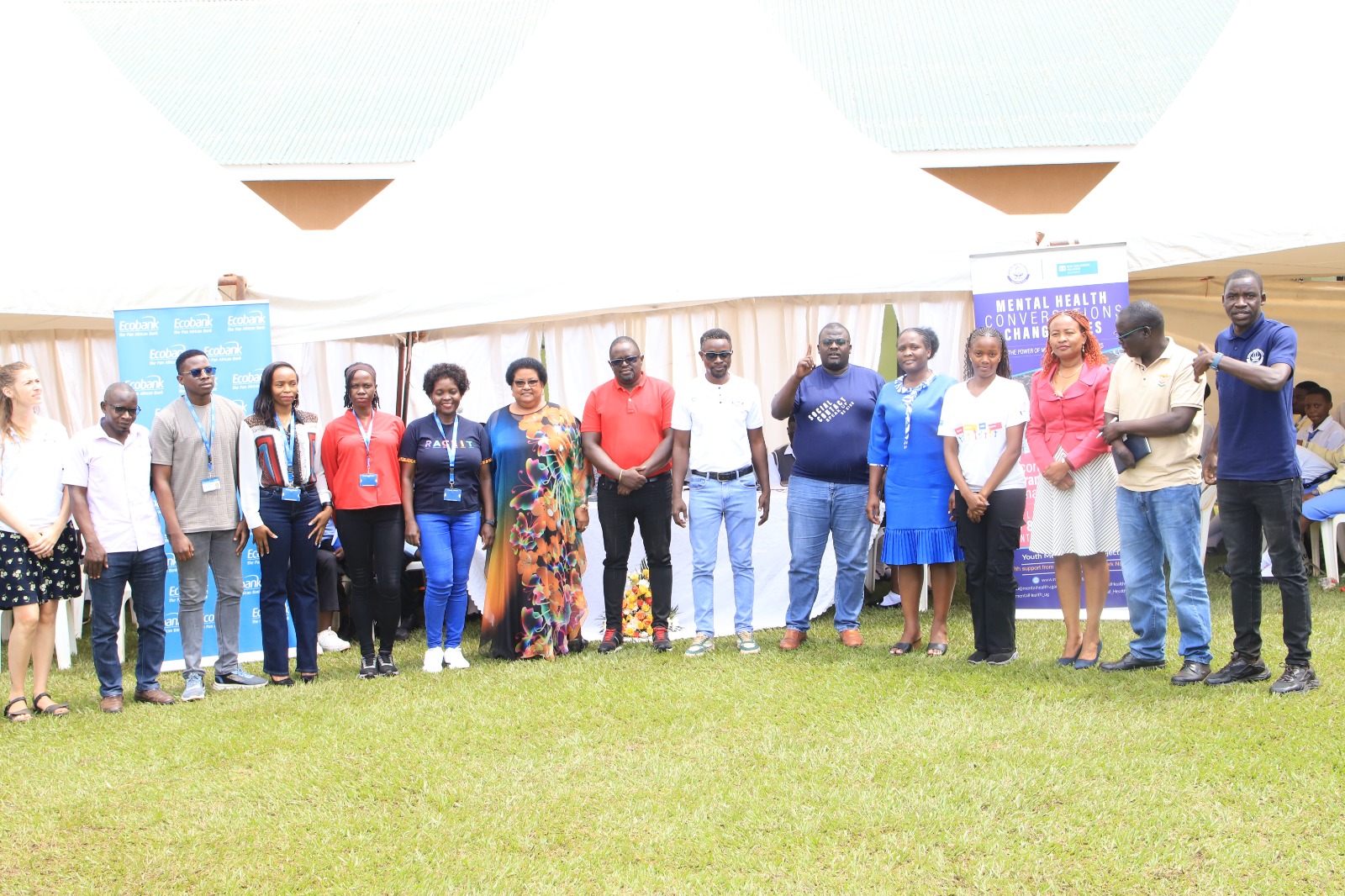
Speaking on behalf of partner schools, Mrs. Regina Laboke, Principal of Mount Olives College Kakiri, emphasized that this year’s theme underscores the importance of mental well-being during times of crisis—a concern that resonated strongly during school dialogues. She affirmed the school community’s commitment to fostering a supportive environment where students feel safe discussing their emotions and seeking help, noting that mental health is as essential as physical health.
Mrs. Laboke credited the project with significantly raising mental health awareness across partner schools and pledged continued efforts to break stigma and promote open conversations. She called on students to prioritize their mental well-being daily, support one another, and embrace a culture of compassion and understanding.
Mr. Derrick M. Kizza, Executive Director of Mental Health Uganda, stressed that mental health is often overlooked during crises—precisely when support systems are most critical.
He highlighted the profound psychological impact of emergencies, including trauma, displacement, and loss, and called for accessible mental health services, integration into emergency response plans, and strengthened community support networks.
He urged the public to foster open dialogue, promote coping strategies, and build resilience. “We must work together to create a world where mental health is prioritized and everyone has access to the support they need,” he concluded.
Do you have a story in your community or an opinion to share with us: Email us at Submit an Article



